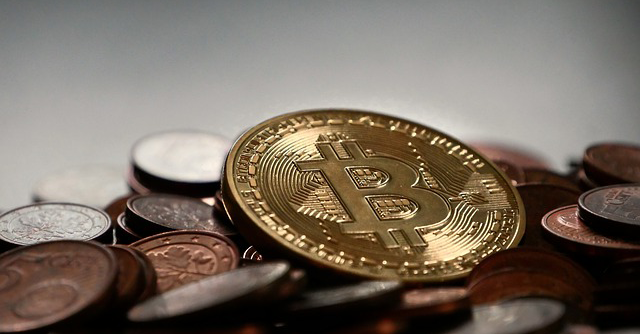
Centre starts working on indirect tax regime for crypto assets


The central government has started working towards a comprehensive indirect tax regime for crypto assets and transactions involving them that would check any revenue loss to the exchequer due to the ambiguity around the true nature of these assets. The finance ministry is now looking at defining the characteristics of cryptocurrencies and their usage and how they fit into the existing legal framework.
Once its legal nature is decided on, the appropriate GST rate will be decided, said two persons aware of discussions in the government. It could even be a new GST slab somewhere between 18% or 28%. The move indicates the efforts of the indirect tax administration to catch up with shifts in the technology and finance world.
“We are still discussing the applicability of GST in case of crypto assets…right now it is levied on services… so we need to see if crypto assets are declared as a good or a service... We can have a special rate for it. It may not necessarily be 18% or 28%... may be somewhere between that. We have had a few discussions on it and will arrive at a decision soon,” said one of the two persons quoted above.

“A better understanding of how cryptocurrencies fit into our legal system is the pre-requisite for the decision on the GST rate,” said the second person, who also spoke on condition of anonymity.
Crypto assets have been a subject of heated debates with the RBI cautioning about their potential for destabilizing the country’s financial integrity while the central government is in touch with multilateral agencies and the Bank for International Settlements (BIS) for a consensus on its regulation.
Experts said that while there is clarity on the levy of GST on the fee levied by cryptocurrency exchanges on transactions, there is ambiguity around transactions between parties outside an exchange about whether it needs to be treated as supply of goods or services or changing hands of money.

“Once there is regulatory clarity on the nature of cryptocurrency and how transactions are to be treated, it would be easier to align the tax framework to that regulatory framework,” explained Abhishek Jain, partner, indirect tax at KPMG India said.
Globally, central banks are sceptical about the trend of de-centralised finance due to the risks speculative cryptocurrency poses to financial stability, a warning that has turned out to be prophetic after the sharp drop in value of some of the currencies and the implosion of TerraUSD, a stablecoin, this year.
While the government’s current view is that GST will apply only on the margin or service fees and not on the entire value chain or the gross value of the asset, issues like tax treatment of certain transactions like mining or ‘airdropped crypto tokens’ are being examined by the central government.

On the direct tax side, which deals with the income or capital gain from crypto transactions, the central government introduced a 30% tax on income from crypto assets with effect from 1 April. It also introduced a 1% tax deducted at source (TDS) on payment of virtual assets exceeding ₹10,000 in a year and taxation of such gifts in the hands of recipients from 1 July.
Pratik Jain, partner, Price Waterhouse & Co LLP said that in many countries, cryptos are treated as financial or securities transactions and hence exempt from GST. “Given the complex nature of transactions and varying international practices, it would be important for the government to engage with the industry and have detailed deliberations before deciding the way forward,” said Jain. He added that it may require legislative changes as well. “Some clarification or guidance on past transactions would also be necessary to avoid unwarranted disputes,” said Jain.
M S Mani, partner, Deloitte India said that while crypto transactions have been taking place for the past few years, the absence of a clear GST framework encompassing classification, rates and input tax credit eligibility has led to several ambiguities amongst the exchanges, buyers and sellers. “Establishment of a clear framework would help all crypto market participants to adopt a uniform treatment of crypto transactions,” he said.

While a cryptocurrency policy is yet to be worked out, finance ministry is working on a consultation paper covering how to deal with the cryptocurrency related risks and its treatment as an asset class. While finance ministry has ruled out the use case of crypto as a currency, it is deliberating on its use as an asset class. The International Monetary Fund is of view that crypto assets could pose risks to financial stability and could also be misused for money laundering, terrorist financing, and other illegal activities.
